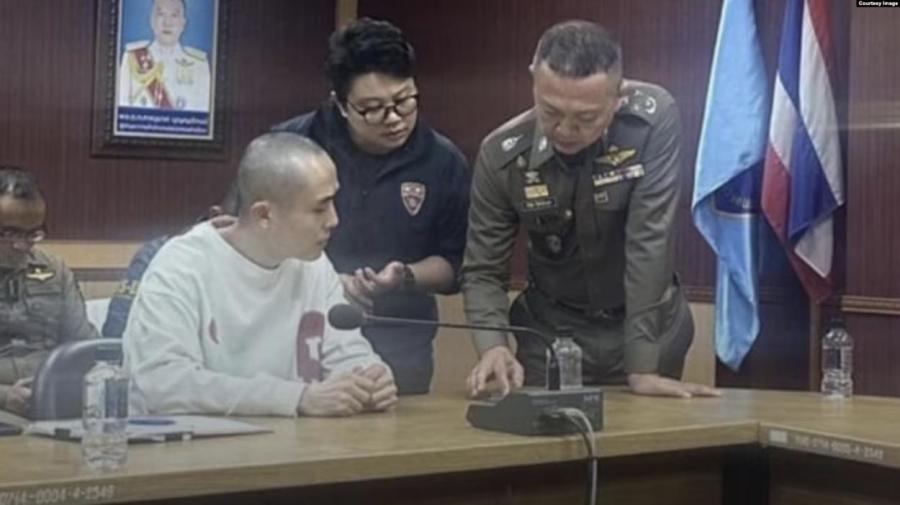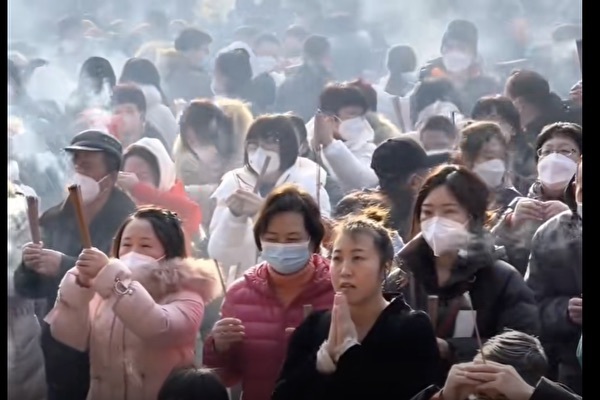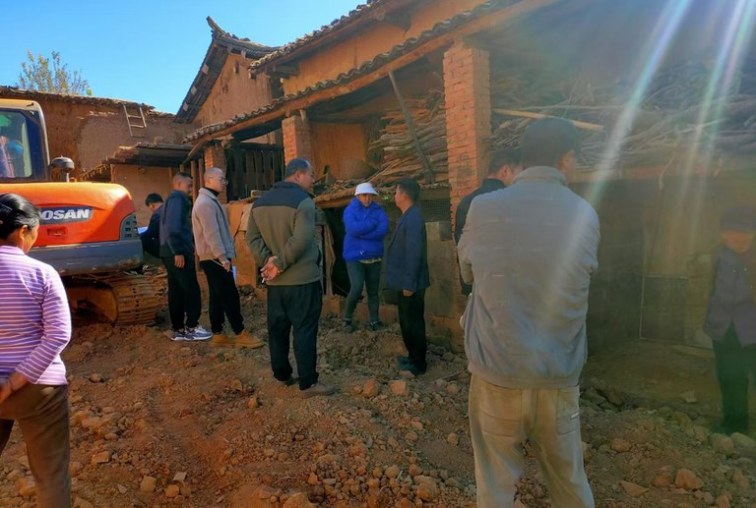Thai authorities have announced that Chinese actor Wang Xing, who went missing near the Thailand-Myanmar border last week, has been found. (Online photo dated January 7, 2025)
[People News] In recent years, Myanmar’s Myawaddy region has gained significant attention due to its rampant telecom fraud activities, particularly issues involving the kidnapping and forced labor of Chinese nationals. These incidents have sparked widespread social outrage and media focus. The recent swift rescue of Chinese actor Wang Xing following his abduction has once again brought Myawaddy’s telecom fraud operations into the spotlight. Individuals familiar with the situation have disclosed the intricate network of interests at play in the region.
According to Radio Free Asia (RFA), Li Tengchong, a Chinese national long residing in Myanmar, revealed on Monday (13th) that telecom fraud operations are not confined to Myawaddy. Northern Myanmar, including areas controlled by Beijing-friendly factions such as Wa State and the "Three Brothers Alliance," is also involved in these activities. Wa State is considered the most severe hub of telecom fraud in Myanmar, with its complex political and economic ties exacerbating the issue.
Li said, “Previously, in northern Myanmar, the Kokang Alliance conducted operations against telecom fraud, targeting the Three Brothers Armed Alliance. They were combating fraud in northern Myanmar. However, many telecom fraud centers in the north have not been fully eradicated. Fraud zones in areas formerly under the Myanmar military's control have been taken over by the Kokang Alliance or the Three Brothers Armed Alliance. Chinese nationals held there were handed over to China (the CCP), where those individuals were typically sentenced to at least three years upon their return.”
Xinhua News Agency reported that in 2023, China (CCP), Myanmar, and Thailand launched joint operations to combat transnational telecom fraud, resulting in some Chinese nationals voluntarily returning from Myanmar’s fraud zones. However, Li Tengchong noted that these joint efforts primarily represent a realignment of interests among factions rather than a genuine eradication of telecom fraud. Most victims abducted to Myanmar remain trapped in inhumane conditions. He explained, “Territories controlled by the Three Brothers Armed Alliance also operate fraud centers, with Wa State being the worst. Under pressure, Wa State has symbolically released a few people. To date, Wa State, the largest telecom fraud hub in northern Myanmar, remains under control. And who’s behind Wa State? It’s China (the CCP).”
The "Hidden Hand" Behind the Fraud Zones
The economic chain behind the fraud zones reveals a web of complex interests. Li Tengchong disclosed that the primary investors in the Myawaddy fraud centers are often Chinese state-owned enterprises or representatives of trade associations, described as “gloves” of the CCP’s United Front system.
“They use the pretense of combating fraud to seize territories, but they’re not genuinely eliminating telecom fraud. While combating fraud is incidental, the goal is to make Chinese citizens believe the Kokang Alliance listens to the CCP and rescues their people. Every year, over 70,000 people are lured to Myanmar, yet the number rescued barely scratches the surface. Most of those deceived and trafficked from China remain trapped in Myanmar, treated like commodities,” Li said.
The fraud centers’ communications infrastructure and resources rely heavily on support from both China and Thailand. Myawaddy’s electricity supply, for instance, is provided by Thailand, while northern Myanmar regions like Wa State and Kokang depend primarily on CCP-backed communication and power supplies. Mr. Pan, a real estate agent in northern Thailand, told RFA, “Regardless of where the fraud centers are located, the real large-scale industry belongs to China (the CCP). The builders of the Myawaddy centers are Chinese state-owned enterprises. First, they establish these fraud zones to generate fast income. While the lower-tier operatives get a small cut, the major profits flow to China. Second, they destabilize the surrounding regions and countries.”
The Far-Reaching Influence of the Overseas United Front System
Regarding why Myawaddy's telecom fraud operations are so rampant, Li Tengchong explained that no one dares to touch Myawaddy:
“Myawaddy in southeastern Myanmar has never been targeted or involved in conflicts. Since the emergence of the fraud zones, the surface appearance is one of peace and prosperity, seemingly developing very well with significant economic gains. The investors behind the fraud zones are primarily (Chinese) state-owned enterprises. The real masterminds are the heads of various Chinese business associations stationed locally, all affiliated with the CCP’s United Front departments across regions. These individuals, in a sense, are the CCP’s ‘gloves.’”
Furthermore, the telecom fraud operations in Myawaddy are closely tied to China’s internal telecommunications supply chain. In 2023, Kunming Customs seized over 11,500 undeclared SIM cards, which are considered essential tools for telecom fraud. Reports indicate that some regions in China have even supplied millions of unregistered SIM cards to Myanmar, facilitating the fraud operations.
Li Tengchong remarked: “Jilin Province provided 8 million SIM cards to Myawaddy, which didn’t require real-name registration. This was reported by CCP state media.”
Multifaceted Approaches to Combat Telecom Fraud
Recently, Hu Xijin, former editor-in-chief of the Global Times, published an article advocating for measures such as cutting off electricity and internet access to turn Myawaddy’s fraud zones into “dead zones.” He emphasized that China and Thailand should adopt tougher joint actions and impose comprehensive sanctions on these zones to mitigate the economic and moral losses inflicted on Chinese society by telecom fraud.
The independent media outlet Ming Shu Zatan highlighted that eradicating telecom fraud requires a multi-pronged approach. 1. Domestic Awareness Campaigns: Strengthen warnings and education about the risks of working abroad for high-paying jobs. 2. Crackdown on Cross-Border Human Trafficking: Target smuggling operations to sever criminal networks. 3. Enhanced Tri-National Law Enforcement Cooperation: Improve the sustainability and efficiency of joint operations between China, Myanmar, and Thailand.











News magazine bootstrap themes!
I like this themes, fast loading and look profesional
Thank you Carlos!
You're welcome!
Please support me with give positive rating!
Yes Sure!